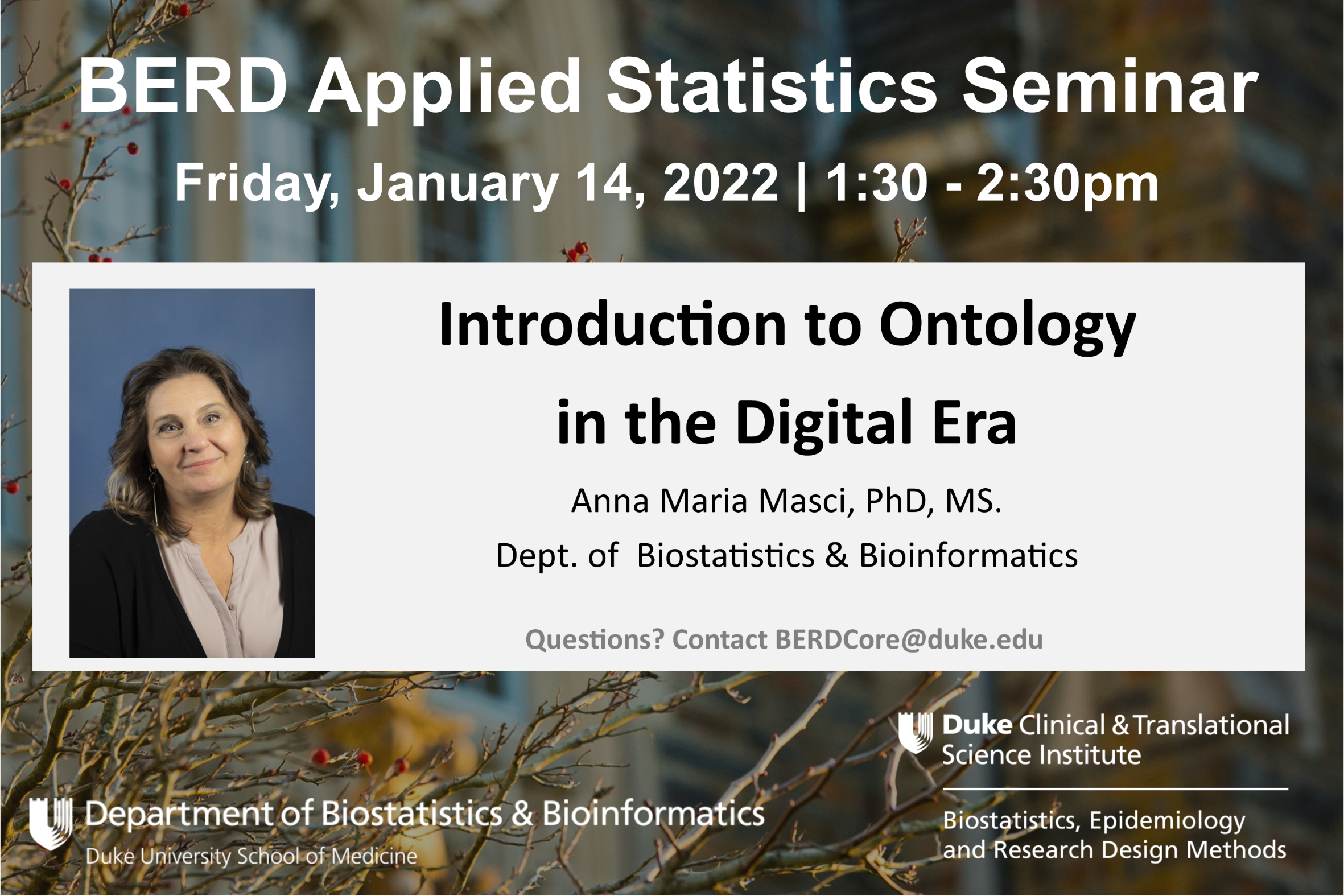
Speaker
In the digital era, most groups and organizations are dealing with a fast-growing massive amount of data in almost all knowledge domains, with biomedicine, business, and social interactions leading the way. Heterogeneity, unstructuredness, and incompleteness are relevant limitations of the current data sets, while common standards represent a powerful strategy to improve data access and reuse. Ontologies are controlled vocabularies providing standard definitions for the elements of data sets, which facilitate data retrieval by allowing the grouping of annotations. Of note, ontologies allow data integration within and across domains (e.g., biomedical, social, environmental) and granularity levels (e.g., organism, organ, tissue, cell, and molecule). The topic of the talk is to introduce ontologies, explain their differences with vocabulary, thesaurus, taxonomies, while highlighting their role in data accessing and maintenance. Audience: quantitative methodologists/analysts and clinical investigators Technical level: beginner The Biostatistics, Epidemiology, and Research Design (BERD) groups at Duke, UNC, and Wake Forest are all supported by the Clinical and Translational Science Award and have teamed together to share educational and training materials.